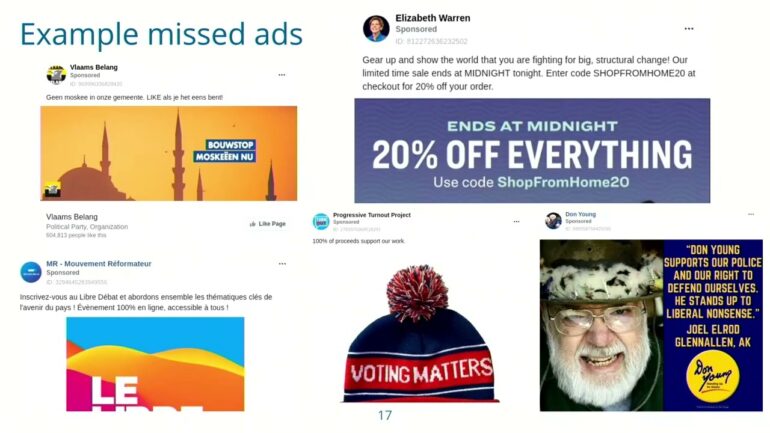Think back to the last time you scrolled through your social media feed and encountered a political ad that perfectly aligned with your views – or perhaps one that outraged you. Could you tell if it was from a legitimate campaign, a shadowy political action committee or even a foreign entity? Could you discern who paid for the ad? Chances are you couldn’t.
While television and radio political ads have been subject to strict disclosure requirements for decades, their online counterparts exist in a regulatory vacuum. Social media giants like Facebook, X – formerly Twitter – and Instagram have become central battlegrounds for political campaigns. Yet they operate without the transparency mandated for traditional broadcast media. This allows advertisers to use sophisticated microtargeting to tailor messages to voters, often exploiting detailed personal data.
Welcome to the unregulated Wild West of online political advertising, where transparency is scarce and accountability is lacking. With the 2024 U.S. presidential election in full swing, this digital frontier poses an unprecedented threat to the integrity of American democracy.
The good old days
The McCain-Feingold Act became law over two decades ago. The law, officially known as the Bipartisan Campaign Reform Act of 2002, was designed to curb the influence of money in politics and increase transparency in campaign financing. The landmark legislation, championed by Senators John McCain (R-Ariz.) and Russ Feingold (D-Wis.), includes the regulation of issue advocacy ads on television and radio.
The McCain-Feingold Act addressed the need for disclaimers and the “Stand by Your Ad” provision, which required candidates to personally endorse their messages in TV and radio ads. Such regulations have proved effective in maintaining a level of accountability and transparency in traditional media.
The media landscape has undergone a dramatic transformation since the bill’s passage, however. As a communications scholar who studies online advertising, I see the lack of similar regulatory measures governing online political advertisements as a glaring absence. This vacuum leaves platforms responsible for providing transparency.
At the same time, Federal Election Commission rules governing disclosure on digital political ads remain murky at best. The lack of clarity makes tracking and analyzing digital political ads a daunting task for researchers, journalists and concerned citizens.
Ad transparency studies
A recent study conducted by open internet advocacy organization Mozilla and Finnish internet research firm Check First reveals significant deficiencies in the ad transparency tools provided by major tech platforms. Ad transparency tools are collections and analysis of ads that the social media companies make publicly available. Researchers, policymakers and advocacy groups use the tools to understand ads and their effects. The deficiencies raise concerns about the potential for…



